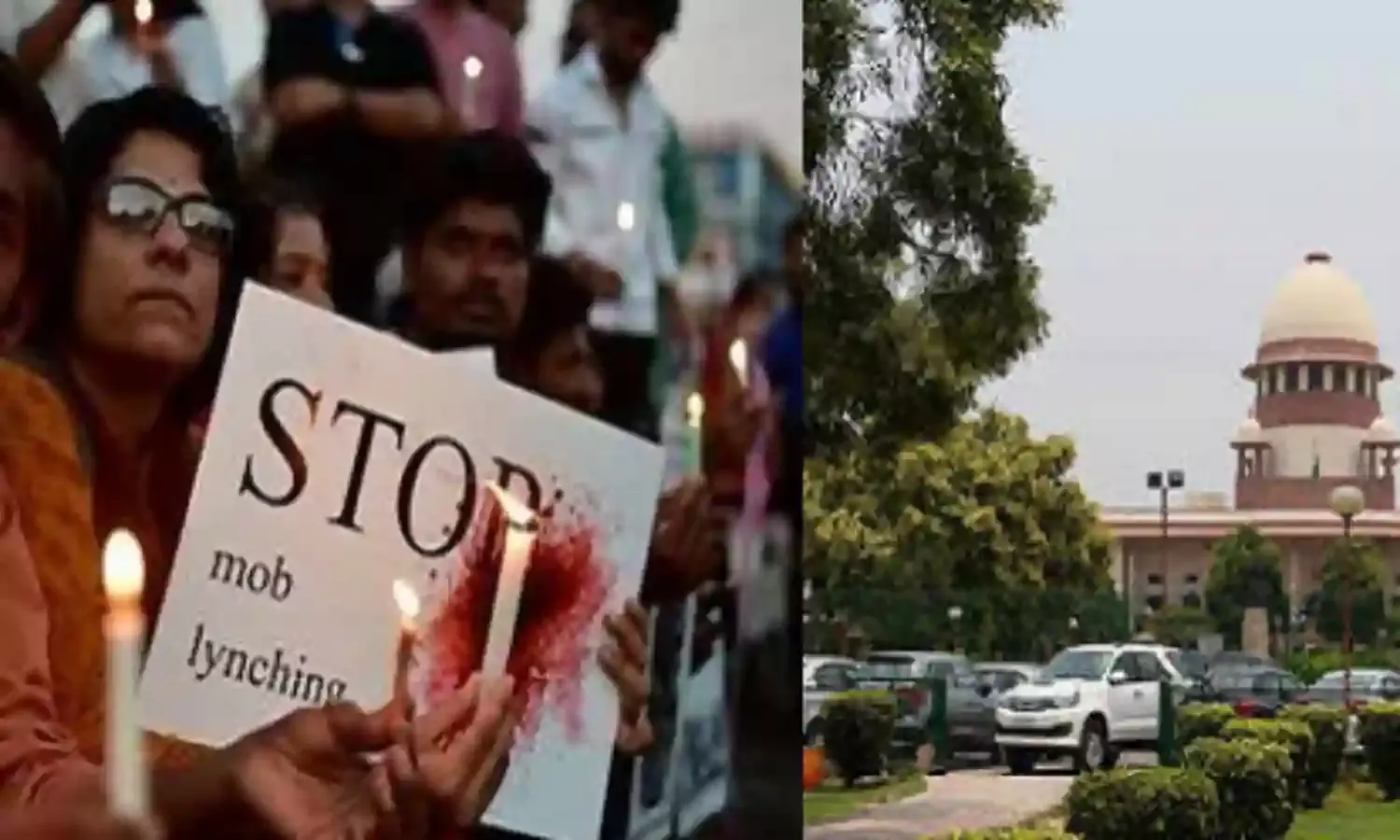Yet Another Mob Lynching In UP: What Has Been Done to Implement Apex Court's Directives?
Sharukh Khan home from Dubai

NEW DELHI/ BAREILLY: 22-year-old Sharukh Khan, visiting home from Dubai, was lynched by a mob in Bareilly, Uttar Pradesh on suspicion of stealing a buffalo.
The incident was reported from Bholapur, Hindoliya village in Bareilly district late Tuesday night. The postmortem report according to the local media said that he died of internal injuries to his liver and kidneys. The Bareilly police however claimed that he was a drug addict and had died of an overdose, an allegation rubbished by his family as false.
Khan worked in an embroidery unity in Dubai and had come home to visit a month ago. His brother Feroz said Shahrukh had gone out with friends and his family got worried when he did not return home. They then received a phone call from the police saying he had been hospitalised.
As has become customary in cases of lynching, the police has registered two cases. One of murder against 25 persons. And the second of buffalo theft, based on a First Information Report (FIR) filed by villagers naming Khan, and three of his friends.
Over 70 lynchings have been reported in the past year with the excuses ranging from cow smuggling, cow slaughter, child lifting to braid chopping. Mobs collect at lightning speed and mercilessly beat the targeted person, usually to death.
In July alone at least 12 persons were killed by mobs on suspicion of being child lifters in separate incidents, and almost as many injured. In Dhule five were killed by a mob, in Malegaon five were beaten and left injured, in Bidar, Karnataka a software engineer was killed and four with him seriously injured, in Jalpaiguri, West Bengal a woman was badly injured after being beaten by a mob; in Singrauli, Madhya Pradesh another woman was beaten to death, in Jalpaiguri again women were beaten and stripped.
Interestingly in July mob attacks following rumours of child kidnapping were reported from Maharashtra, West Bengal, Karnataka and Madhya Pradesh where days of rumours preceded the attacks.
Lynchings by cow mobs remained largely confined to Rajasthan and Uttar Pradesh. Akbar Khan was killed in Alwar, Rajasthan by a mob. A youth with him was injured. Three men were beaten up in Hajipur, Bihar by a cow mob while transporting cattle. Another man was killed in Bahrola, Haryana. Here the rumours ranged from cow theft to cow slaughter. In the last case the man has not been identified, with not a word since August 2 when the incident took place about his identity or origin.
Taking note of the spate of mob lynchings the Supreme Court last month urged the government to bring legislation against this. And noted in a slew of directions:
* State governments shall designate a senior police officer in each district for taking measures to prevent incidents of mob violence and lynching.
* State governments shall immediately identify districts, sub-divisions and villages where instances of lynching and mob violence have been reported in the recent past.
* Nodal officers shall bring to the notice of the Director-General of Police any inter-district coordination issues for devising a strategy to tackle issues related to lynching and mob violence.
* It shall be the duty of every police officer to cause a mob to disperse which, in his opinion, has a tendency to cause violence in the disguise of vigilantism or otherwise.
* Central and the state governments should broadcast on radio and television and other media platforms including official websites that lynching and mob violence shall invite serious consequence.
* Curb and stop dissemination of irresponsible and explosive messages, videos and other material on various social media platforms. Register FIRs under relevant provisions of law against persons who disseminate such messages.
* Ensure that there is no further harassment of family members of the victims.
* State governments shall prepare a lynching/ mob violence victim compensation scheme.
* Cases of lynching and mob violence shall be specifically tried by designated courts or fast-track courts earmarked for the purpose in each district. The trial shall preferably be concluded within six months.
*To set a stern example in cases of mob violence and lynching, the trial court must ordinarily award maximum sentence upon conviction of the accused person.
*If it is found that a police officer or an officer of the district administration has failed to fulfil his duty, it will be considered an act of deliberate negligence.



